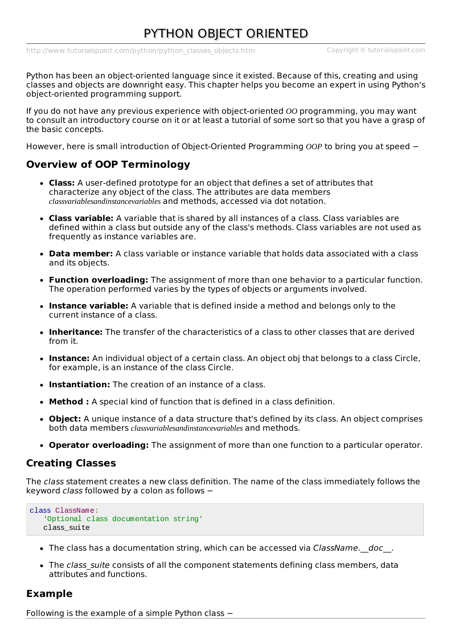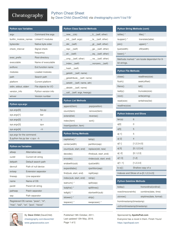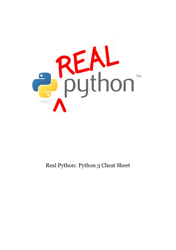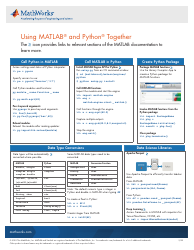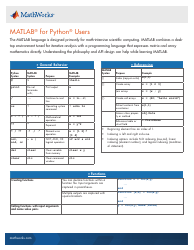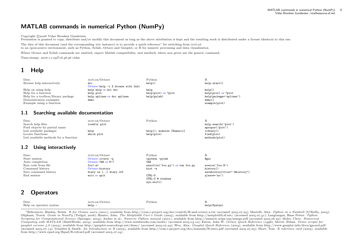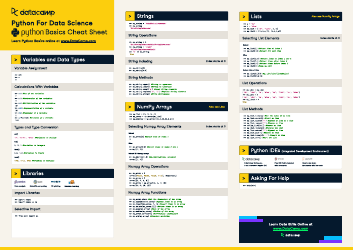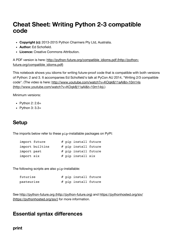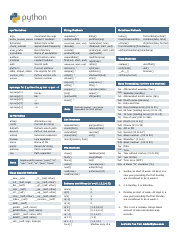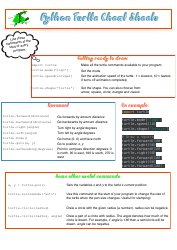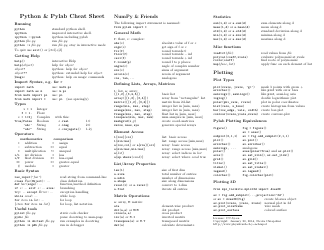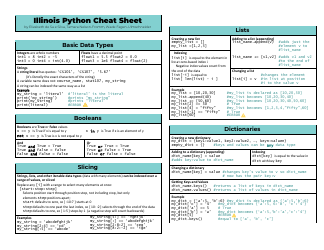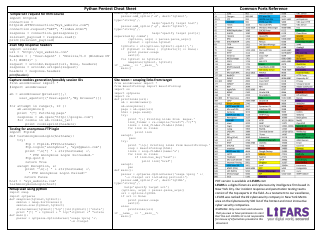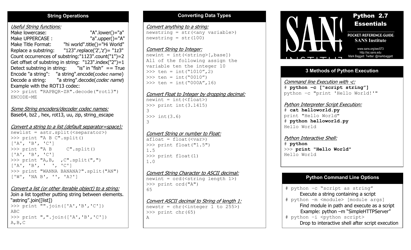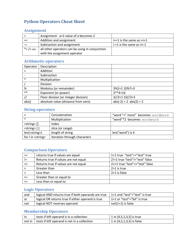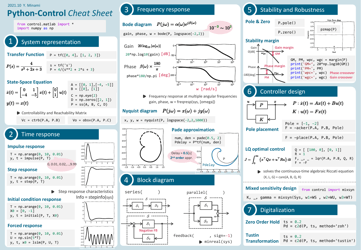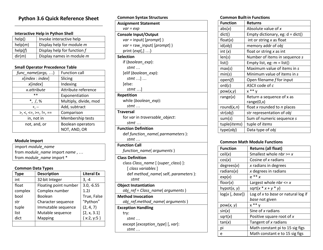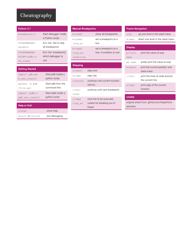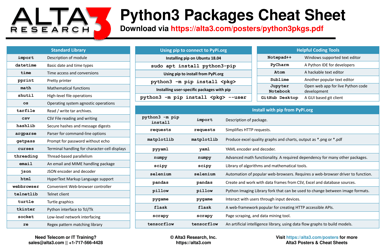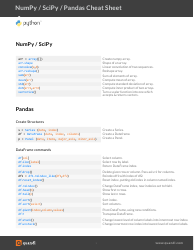Python Oop Cheat Sheet
Python OOP cheat sheet is a reference guide that provides a concise overview of object-oriented programming concepts in Python. It aims to assist programmers in understanding and applying these concepts effectively in their Python code.
FAQ
Q: What is a class in Python?
A: A class is a blueprint for creating objects in Python.
Q: What is an object in Python?
A: An object is an instance of a class in Python.
Q: What is encapsulation in Python?
A: Encapsulation is the practice of hiding the internal details of an object and providing an interface for interacting with the object.
Q: What is inheritance in Python?
A: Inheritance is a mechanism in which one class acquires the properties and behaviors of another class.
Q: What is polymorphism in Python?
A: Polymorphism is the ability of an object to take on many forms. It allows objects of different classes to be treated as objects of a common superclass.
Q: What are attributes in Python?
A: Attributes are the characteristics associated with a class or object. They can be variables or methods.
Q: What is a constructor in Python?
A: A constructor is a special method that is called when an object is created. It is used to initialize the object's attributes.
Q: What is method overloading in Python?
A: Method overloading is the ability to define multiple methods with the same name but different parameters. Python does not support method overloading, but you can achieve similar functionality using default arguments.
Q: What is method overriding in Python?
A: Method overriding is the ability to define a method in a subclass that is already defined in the superclass. This allows the subclass to provide a different implementation of the method.
Q: What is a class variable in Python?
A: A class variable is a variable that is shared by all instances of a class. It is defined directly under the class and outside of any method.
Q: What is an instance variable in Python?
A: An instance variable is a variable that is specific to each instance of a class. It is defined inside the constructor or any other method of the class.
Q: What is the self parameter in Python?
A: The self parameter is a reference to the instance of a class. It is used to access the instance variables and methods of the class.
Q: What is the difference between instance variables and class variables in Python?
A: Instance variables are specific to each instance of a class, whereas class variables are shared by all instances of a class.
Q: What is the __init__ method in Python?
A: The __init__ method is a special method in Python that is automatically called when an object is created from a class. It is used to initialize the object's attributes.
Q: What are getters and setters in Python?
A: Getters and setters are methods that are used to get and set the values of an object's attributes, respectively.
Q: What is method chaining in Python?
A: Method chaining is the technique of calling multiple methods on an object in a single line of code.
Q: What is the super() function in Python?
A: The super() function is used to call a method from the superclass in a subclass.
Q: What is the self keyword in Python?
A: The self keyword is used to refer to the instance of a class within the class itself. It is typically the first parameter of a class method.
Q: What is the difference between a class method and an instance method in Python?
A: A class method is a method that is bound to the class and not the instance of the class, whereas an instance method is bound to the instance of the class.
